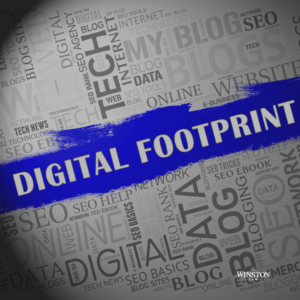
Digital evidence can be a game-changer in lawsuits and trials. Lawyers count on all sorts of data. Here’s at look at what’s commonly used in Florida courts.
- Photos and Videos: Digital photos and videos from devices like smartphones, dashcams, surveillance cameras, and security systems often serve as compelling evidence. They offer visual proof of incidents, scene conditions, or the extent of injuries sustained.
- Social Media Content: Content from platforms like Facebook, Instagram, Twitter, and TikTok, including posts, photos, and videos, can support or refute claims. For instance, social media posts showing a plaintiff engaging in strenuous activities might contradict their claims of severe physical injuries.
- Text Messages and Emails: These communications are crucial for demonstrating intent, documenting conversations, or establishing timelines of events.
- GPS and Location Data: Information from GPS devices, smartphones, or vehicle navigation systems can confirm a person’s location at a specific time, which is crucial in cases of car accidents, criminal charges, or establishing an alibi.
- Electronic Health Records (EHRs): In medical malpractice or personal injury cases, EHRs and other digital medical data provide detailed histories of a plaintiff’s medical conditions, treatments, and relevant diagnoses.
- Device Data and Metadata: Data from electronic devices like smartphones, tablets, and computers, including metadata (information about other data), can reveal when a document was created, modified, or accessed. This is particularly important in fraud, breach of contract, or intellectual property disputes.
Digital evidence can be indispensable in a court of law. It offers compelling support for claims or defenses but must adhere to stringent legal standards for admissibility and reliability. Legally obtaining information plays a key role in its use and acceptance.
Ultimately, as we navigate this digital age, the integration of technology and law will remain a pivotal aspect of achieving justice and upholding the integrity of the legal process.



